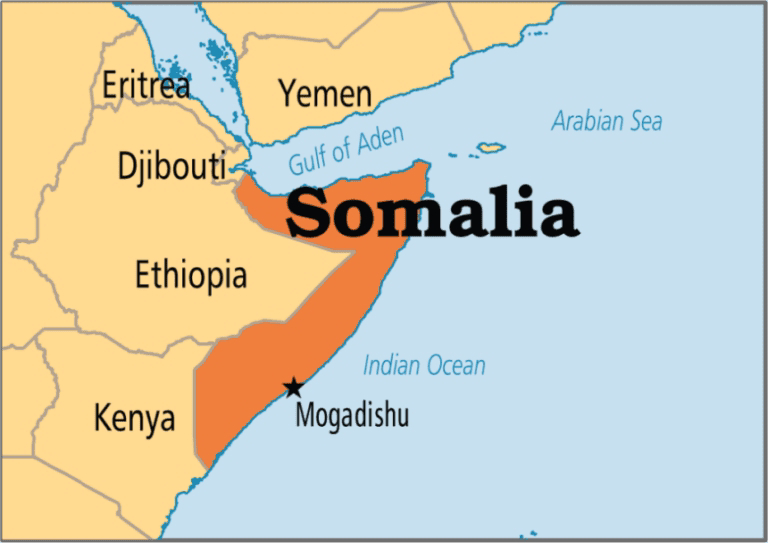In recent times, Turkey and Egypt have been increasingly involved in Somalia, pledging support and aid to the war-torn country. While on the surface, these gestures may seem beneficial, a deeper analysis reveals a complex web of foreign influence that raises questions about the true sovereignty of Somalia.
Foreign powers like Turkey and Egypt often come bearing promises of assistance, infrastructure development, and security cooperation. However, the reality is that these offers may come with strings attached, leading to concerns about the erosion of Somalia's autonomy and self-determination.
It is crucial to understand that genuine sovereignty cannot be imposed from the outside. True sovereignty is earned through the collective efforts of the Somali people, negotiated through local politics, and granted through consensual agreements within the country. External intervention, no matter how well-intentioned, can undermine these fundamental principles and perpetuate a cycle of dependence and vulnerability.
Turkey, for example, has been expanding its footprint in Somalia through various investments and military engagements. While Ankara's involvement has been welcomed by some as a step towards stability and development, others raise concerns about the long-term implications of Turkey's growing influence. The risk of Turkey exerting undue control over Somalia's affairs or pursuing its own strategic interests at the expense of Somali sovereignty cannot be overlooked.
Similarly, Egypt's involvement in Somalia has raised eyebrows, particularly in the context of regional power dynamics and historical tensions. Cairo's overtures towards Mogadishu may be seen as an attempt to counter Turkey's influence in the region or to advance its own geopolitical agenda. In such a scenario, Somalia's sovereignty could be compromised as external actors vie for influence and leverage within the country.
It is essential for Somalis to be wary of external actors who may promise quick fixes or short-term gains in exchange for concessions that could jeopardize their long-term interests. The history of foreign intervention in Somalia is replete with examples of unintended consequences and negative outcomes that have hindered rather than facilitated the country's progress towards true sovereignty.
To safeguard Somalia's sovereignty, it is imperative for the Somali government and society to assert their agency and take ownership of their country's future. This requires building strong institutions, fostering inclusive governance, and promoting sustainable development that is rooted in Somali priorities and aspirations.
International laws and norms can provide a framework for cooperation and mutual respect among nations, but they should not be used as a pretext for encroaching on the sovereignty of independent states. Somalia's sovereignty must be respected as sacrosanct and inviolable, free from external interference or manipulation.
In the face of external pressures and competing interests, Somalia must chart its own course towards genuine sovereignty, guided by the will and agency of its people. This will require vigilance, resilience, and a firm commitment to upholding the principles of self-determination and national unity.
As Somalia navigates its path towards stability and prosperity, it must be mindful of the dangers of over-reliance on external actors and the importance of preserving its autonomy and sovereignty. The country's future will ultimately be shaped by Somalis themselves, united in their quest for a sovereign, prosperous, and peaceful nation.
In conclusion, the issue of sovereignty in Somalia is a complex and multifaceted one, marked by the challenges of external interference and the imperative of local agency. Turkey and Egypt's involvement in Somalia highlights the need for a critical examination of foreign influence and its impact on the country's autonomy and self-determination. Only by safeguarding Somalia's sovereignty through local empowerment and political consensus can the country truly chart its own path towards a brighter future.



No comments:
Post a Comment